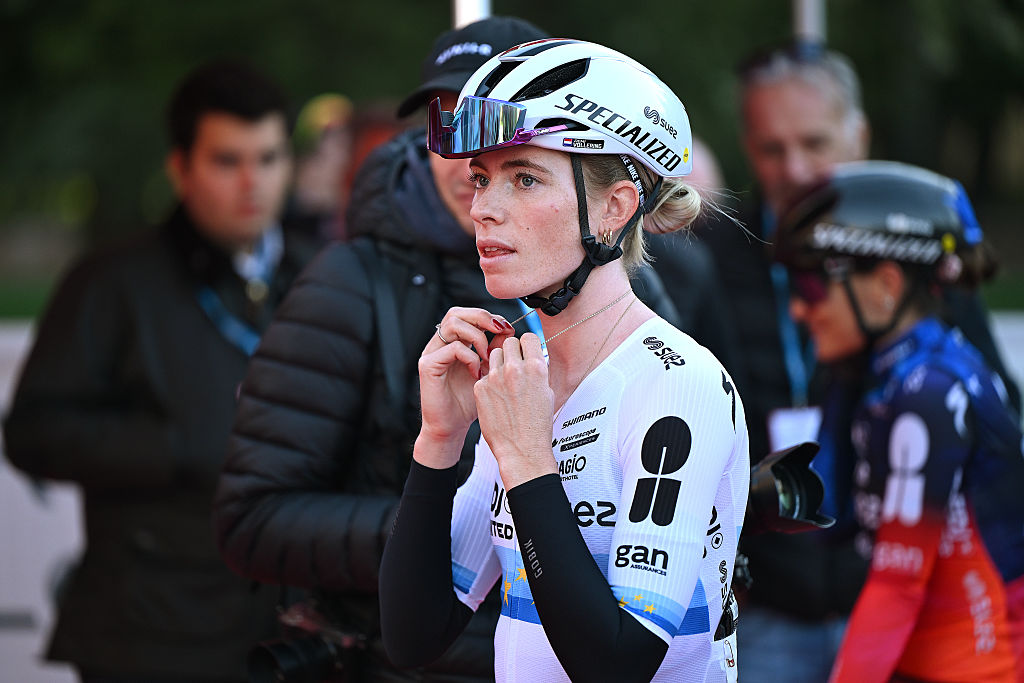Claims of mechanical doping at the Tour de France in CBS 60 Minutes investigation
Team Sky bikes reportedly heavier than other teams during 2015 Tour
The latest race content, interviews, features, reviews and expert buying guides, direct to your inbox!
You are now subscribed
Your newsletter sign-up was successful

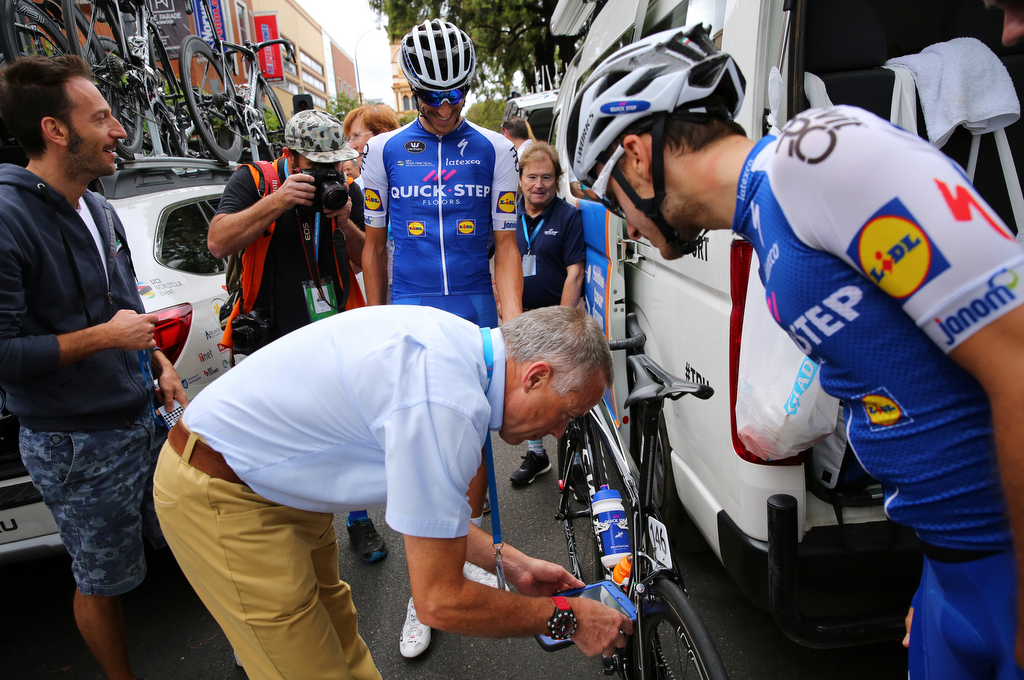
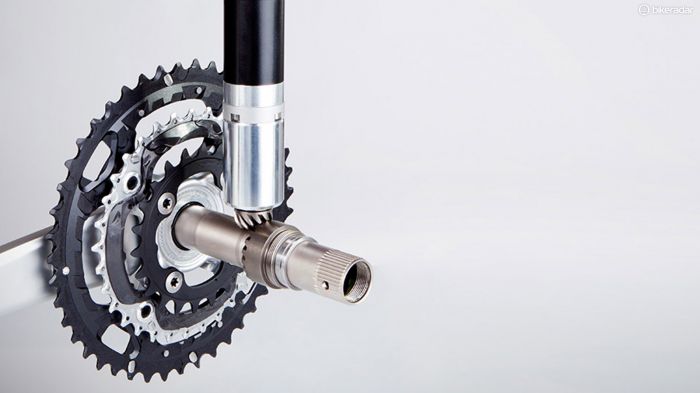
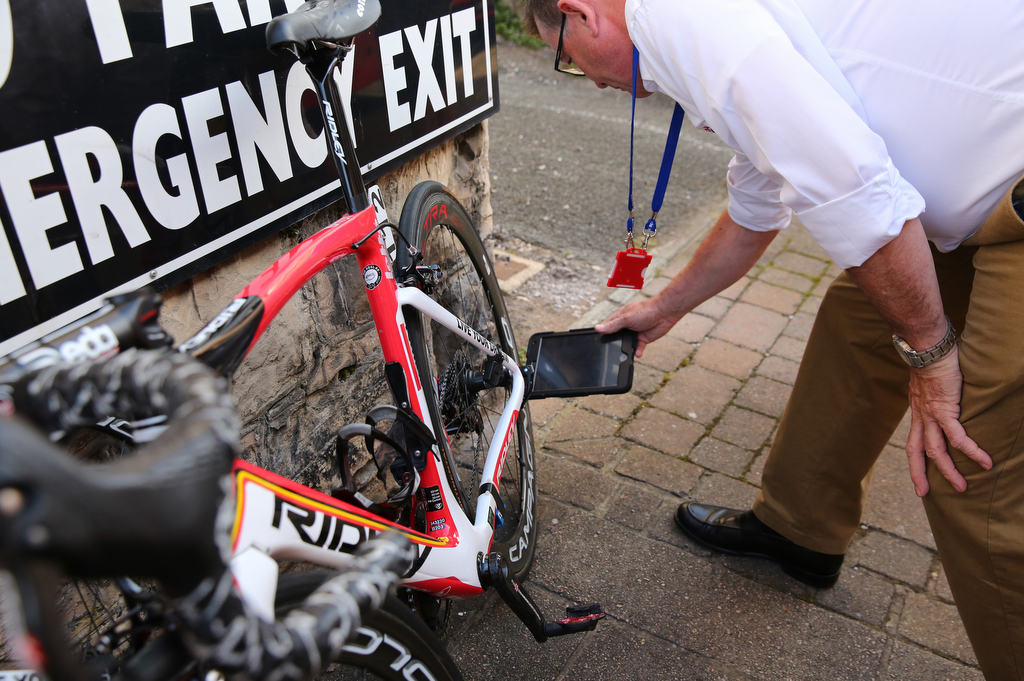
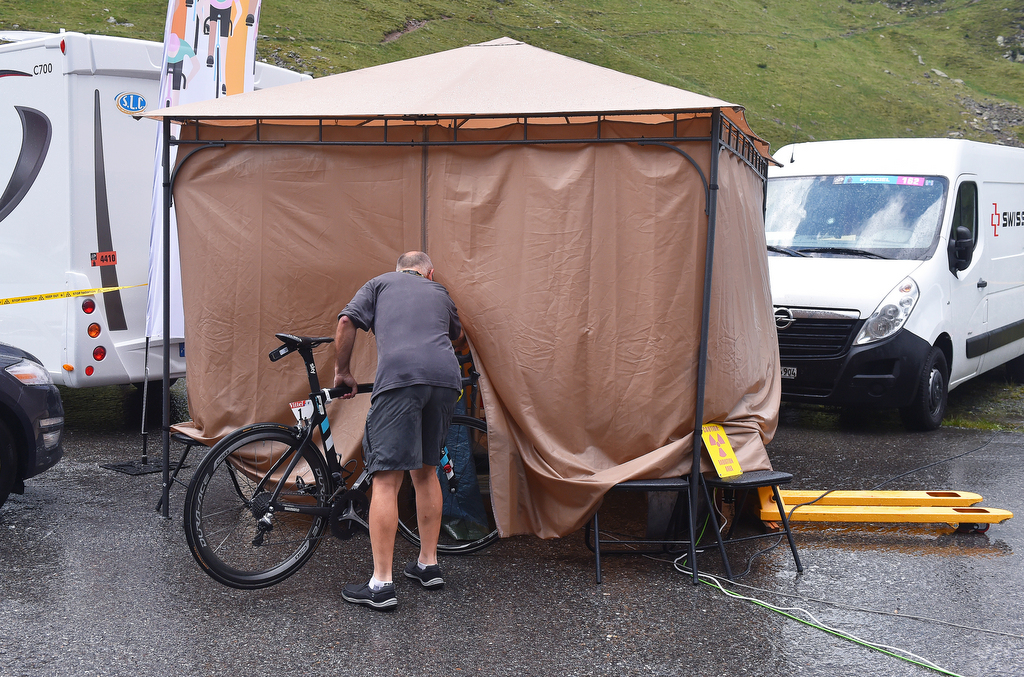
The long awaited investigation into 'mechanical doping' by US television show CBS '60 Minutes' aired Sunday night, with Hungarian mechanical doping inventor Istvan 'Stefano' Varjas again confirming that he believes professional cyclist are using motors in their bikes, but he would not name his clients.
Michele Ferrari facing trial for doping in Italy
UCI confirms motorised doping uncovered at cyclo-cross World Championships
Lance Armstrong denies ever using mechanical doping
UCI refute Tour de France mechanical doping allegations
CBS 60 Minutes investigates mechanical doping in professional cycling
CBS 60 minutes to broadcast investigation into mechanical doping on Sunday
Journalist Bill Whitaker travelled to Budapest, Hungary last summer to interview Varjas and test his hidden motors. The programme also featured interviews with Greg and Kathy LeMond, Tyler Hamilton and Jean-Pierre Verdy.
Verdy, the former testing director for the French Anti-Doping Agency, revealed that he believes mechanical doping has occurred at the Tour de France but could not name which riders have done so.
"Yes, of course. It's been the last three to four years when I was told about the use of the motors. And in 2014, they told me there are motors. And they told me, there's a problem. By 2015, everyone was complaining and I said, 'Something's got to be done,'" Verdy explained.
Perturbed by the speeds of riders on the high mountains, Verdy explained that through a variety of informants, team managers and riders, he believes 12 cyclists used hidden motors at the 2015 Tour de France, and in doing so, "They're hurting their sport. But human nature is like that. Man has always tried to find that magic potion," he added.
At the 2015 Tour, the UCI was testing various bikes for hidden motors but has since refined its technique that involves a tablet device to scan the frame and wheels.
Read More:
The latest race content, interviews, features, reviews and expert buying guides, direct to your inbox!
- UCI confirms motorised doping uncovered at cyclo-cross World Championships
- Femke Van den Driessche denies using motor at cyclo-cross World Championships
- Electromagnetic wheels are the new frontier of mechanical doping, claims Gazzetta dello Sport
- Mechanical doping: A brief history
Former Tour de France winner and now television commentator Greg LeMond, along with his wife Kathy, explained their relationships with Varjus in the programme. Kathy LeMond described that having worked secretly with the French police in 2014, she asked Varjus to cooperate and he did so.
On the eve of the 2015 Tour, Varjus explained that having sold motorized bikes to an 'unknown client via a middleman', he delivered the goods to a 'locked storage room' in Beaulieu Sur Mer on the French Riviera. Along with the hidden motors, Varjus also explained to the LeMond's the existence of hidden motor in the rear wheel which enhanced their weight by around '800 grams'.
"Stefano had said, 'Weigh the wheels. You'll find the wheels. The wheels are in the peloton,'" Kathy LeMond recounted.
Heavy Team Sky bikes at the 2015 Tour de France
The 2015 Tour de France featured two time trials, stage 1 in Utrecht and stage 9 from Vannes to Plumelec, which was a team time trial event. Without specifying which stage, CBS claimed that French authorities told the programme that Team Sky were the only team with bikes significantly heavier, around 800 grams, than the other 21 teams.
A Team Sky spokesperson reportedly told CBS that "during a time trial stage bikes might be heavier to allow for better aerodynamic performance", and that the team had never used "mechanical assistance" and all bikes were checked and cleared by the UCI.
For Greg LeMond, this should have raised 'alarm bells', particularly with sources telling CBS that the UCI wouldn't allow authorities to separately weigh Team Sky's wheels.
"This is curable. This is fixable. I don’t trust it until they figure out how to take the motor out. I won't trust any victories of the Tour de France," said Greg LeMond, who has suggested the UCI use more thermal cameras to find the hidden motors.
1998 mechanical doping and Ferrari connection
During the programme, Varjas explained that the technology has existed since 1998 and that whoever paid him $2 million for the hidden motor wanted an "exclusive deal," which included Varjus neither talking about, or working on the motor for 10 years. During those 10 years, CBS reported that Varjus served a jail term for not paying a 'substantial tax bill'.
"For 10 years. $2 millions-- if you are in Hungary, if you live in Hungary, if you-- they offer you $2 million to don't do nothing", said Varjus when asked if he was ok with the deal. "Can you refuse it? I don't think."
Back in October when the news first emerged of CBS' programme, former seven-time Tour de France winner Lance Armstrong was quizzed by Ger Gilroy of the Irish Off the Ball radio show on whether he had ever used the technology. The American replied, "Are you out of your mind? I know its topical but are you crazy?"
CBS reached out to Armstrong via his lawyer, who denied Armstrong ever used a motor and declined the request for an interview. CBS also reached out successfully to Armstrong's former teammate Tyler Hamilton, who told Whitaker he was not aware of hidden motors during his career.
On the suggestion of Varjas, CBS bought a 1999 Trek team issue US Postal bike via the internet and fitted it with a hidden motor by the Hungarian for $12,000. Hamilton tested the bike for the programme, telling Whitaker, "Oh yeah, oh, yeah. It's not super obvious. You know, you - all of a sudden, you're just like, 'Ah.'"
When asked if he thinks teasm could get away mechanical doping, Hamilton added, "I could see how teams are doing it. Yeah. I could."
"That's the difference between winning and losing for sure. For sure," he said of the difference a motor would make.
Varjus had previously claimed that Italian Dr. Michele Ferrari, banned for life for doping Armstrong and other athletes, had visited him three years ago to better understand the implications of mechanical doping. While with Varjus in Hungary, Whitaker described that during a car ride Ferrari called the Hungarian about a delivery of motorized bikes. Varjus suggested Ferrai has been a client for the last three years.
When contacted by CBS, Ferrari reportedly denied that he had bought bikes from Varjus but said he has tested one of the bikes.

